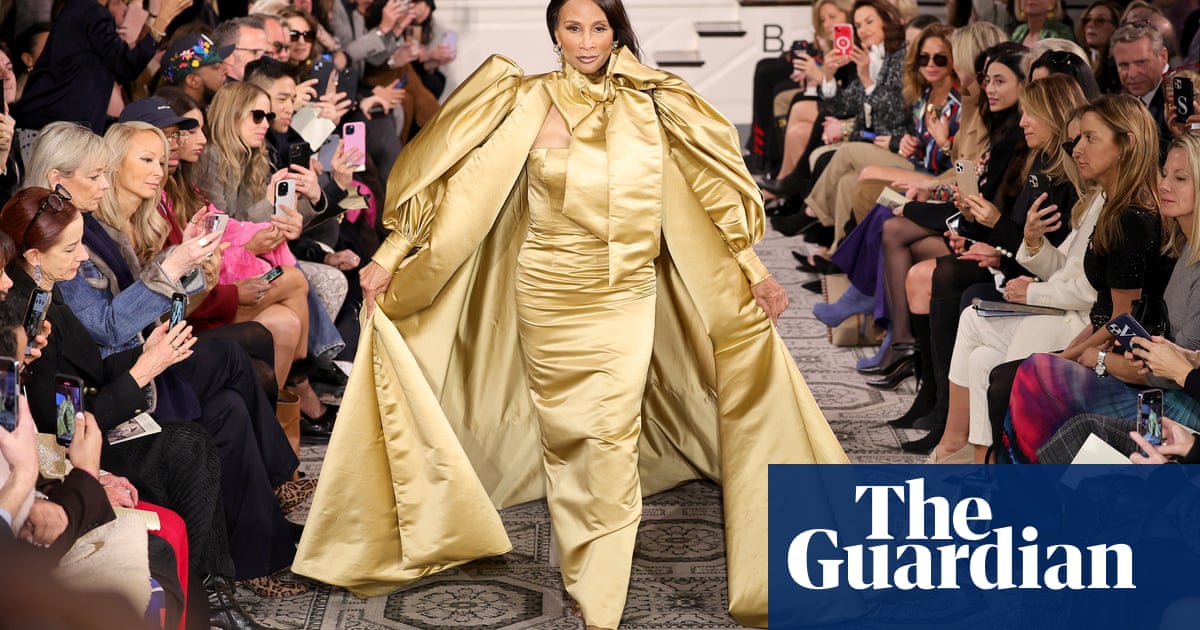Fashion
More than 200 fashion models urge New York governor to sign bill of rights

More than 200 top fashion models including Christy Turlington, Helena Christensen, Alessandra Ambrosio and Beverly Johnson have sent an open letter to the New York governor, Kathy Hochul, asking her urgently to sign a bill of rights giving models protection from sexual harassment, discrimination and AI.
The Fashion Workers Act was passed in the New York assembly and Senate in June, but needs Hochul’s signature to become law before a deadline of 24 December.
“As models, we know firsthand how urgently we need basic labor protections to create a safe, equitable work environment in the fashion industry,” the letter reads.
“Each one of us has a story that demonstrates how New York is failing the faces of one of its most culturally vibrant, economically significant industries in the world.”
The Fashion Workers Act has been in the works since 2022, overseen by the Model Alliance, an organisation that advocates for the labour rights of models working in the US.
“I really do hope that as the first female Democratic governor of New York, she will stand with our mostly female, often immigrant, workforce,” said Sara Ziff, the executive director.
The bill aims to protect against “power imbalances” between models and agencies. Models, who are often young women in their first job, are typically not aware of the money they are earning, nor the impact of various commissions and other expenses.
This vulnerability can be exacerbated if the model is not American, because the agency can also be both their visa sponsor and responsible for finding them accommodation.
Ziff said any concern from modelling agencies and organisations about the impact of the law on their businesses would itself indicate the problem. “If they are worried that they can’t operate while having to show models their own contracts and be transparent about their finances then, frankly, they have a broken business model,” she said. “If your business is predicated on exploiting young girls, then maybe you need to think about your business.”
The AI provisions in the bill reflect similar concerns to those of Hollywood workers who went on strike for five months last year. “We have common concerns: our livelihood is based on our image and our likeness,” Ziff said. “What we are asking for is so basic – it’s that creating, altering or manipulating a model’s digital replica using AI would require clear written consent.”
Whereas the Sag-Aftra union of actors and screenwriters eventually agreed a deal with studios to ensure consent and compensation for use of AI replicas, however, models are not unionised.
“Models are often considered to be independent contractors and US federal law states independent contractors can’t unionise,” Ziff said. “A lot of the work that I’ve done over more than a decade has been to think how we can win rights and protections outside the traditional union model. That’s why we really need the Fashion Workers Act.”








